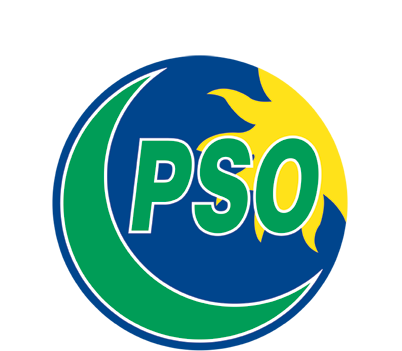Nepra allows to continue Rs 9.1 per unit tariff for NJHP
The National Electric Power Regulatory Authority (NEPRA) on Monday allowed Neelum-Jhelum Hydropower Project (NJHP) to continue the highest hydel tariff of Rs 9.118 per kWh.
As of October 17, 2019, this tariff of Neelum-Jhelum was already in place.
Wapda is charging a tariff to pay interest on the loan and repay the principal amount of Rs317.367 billion borrowed for the Neelum-Jhelum hydropower project from both external and internal sources for the building of this Rs428.296 billion project.
Read More: Loan Payment: ECC Okays adjustment of Rs 273b in Power
This rate will be subject to revision, according to the regulatory body’s decision. ECNEC/relevant agency must either waive the obligation for third-party validation (TPV) or conduct the TPV on the seller (NJHP). It also directed NJHP to file a tariff petition with the Central Power Purchasing Agency (CPPA) after completing one of the two options. NEPRA has notified the federal government of its decision.
The seller requested a Levelized rate of Rs10.3 (Cents 6.2440) per unit for a 30-year term.
To assess the tariff for the project, NEPRA convened a public hearing on the tariff petition on June 21, 2021.
During the hearing, the Authority noted the requirement of a Third-Party Validation (TPV) for the Project, but this remains incomplete even after three years of the decision/approval.
To address the issue of TPV, NJHPC stated that it has addressed many letters to key forums such as the Ministry of Water Resources (MoWR), the Ministry of Planning Development and Reforms (MoPD&R), and the Planning Commission, copies of which were provided with NEPRA.
According to the seller, the consultant for the TPV is in the appointment stage, according to the Planning Commission.
According to the ruling, NEPRA has already held that opinion, which is reflected in the Project’s tariff determinations of November 19, 2018, that the evaluation of cost and resulting tariff is the exclusive domain of NEPRA under the statutory mandate.
In this situation, the Government of Pakistan has expressed reservations about the project by issuing conditional approval of the PC-I through ECNEC. The Authority cannot dismiss such views because it is a government-owned project.
The Authority believes that the Seller now has two options: obtain a waiver of the TPV obligation from ECNEC/relevant agency, or conduct the TPV and submit it with a tariff petition for tariff decision.
However, the Authority is aware that TPV, which has yet to begin, is a time-consuming process. As a result of considering the seller’s submissions, the Buyer’s remarks, and other relevant documents, the Authority authorizes the seller to charge the provisional tariff, i.e. Rs9.1184/kWh on a take and pay basis (must run) until the completion of requirements.








